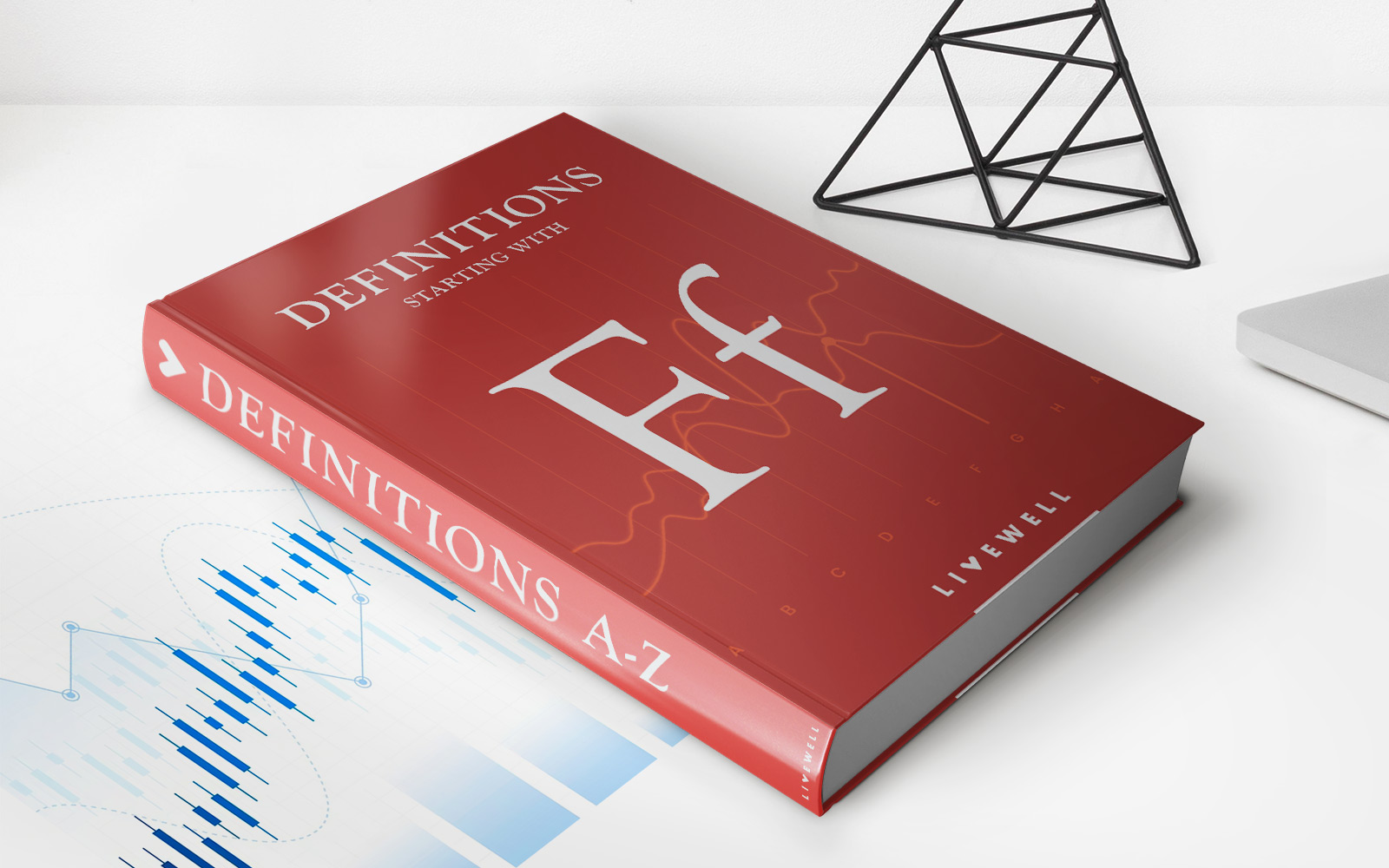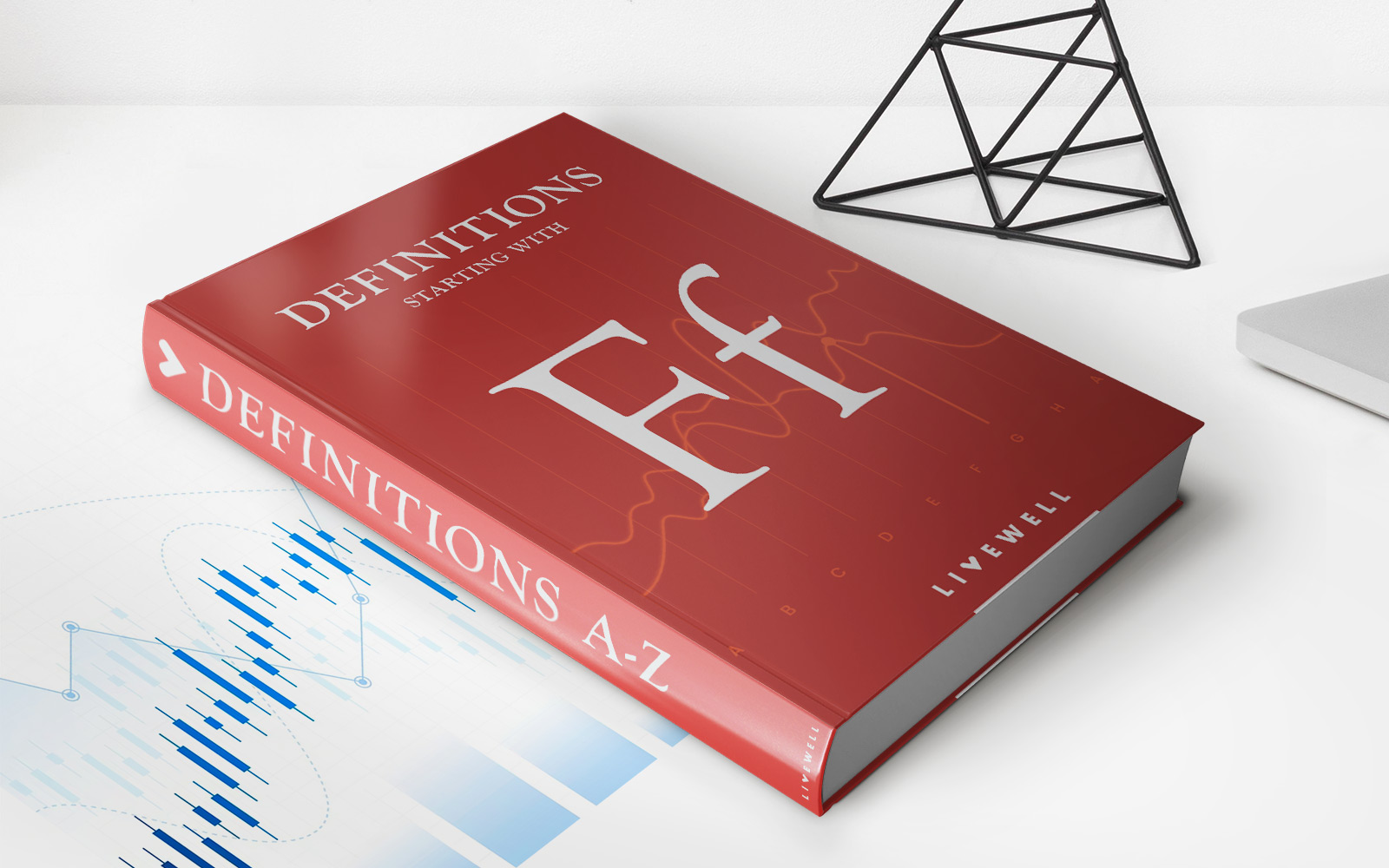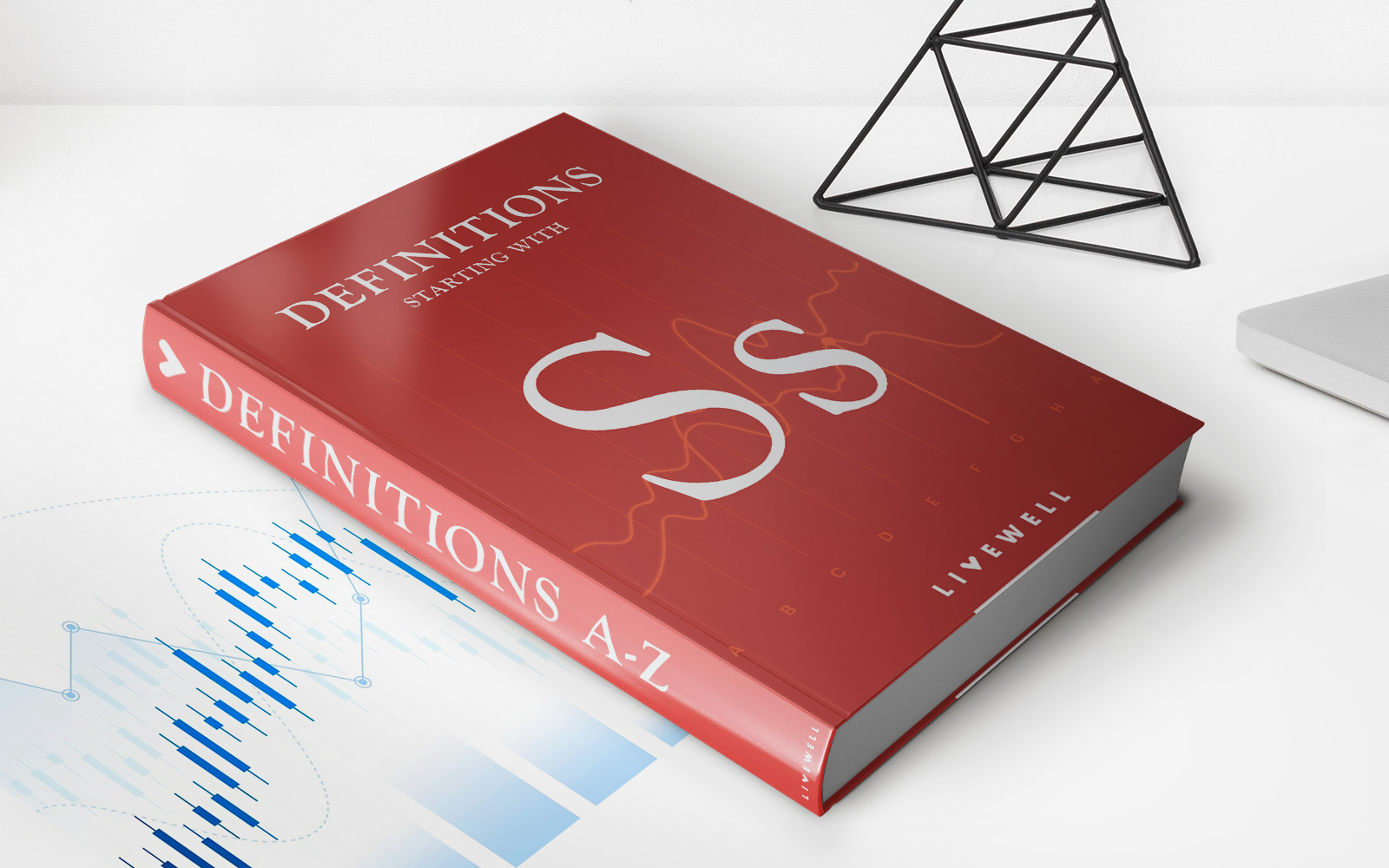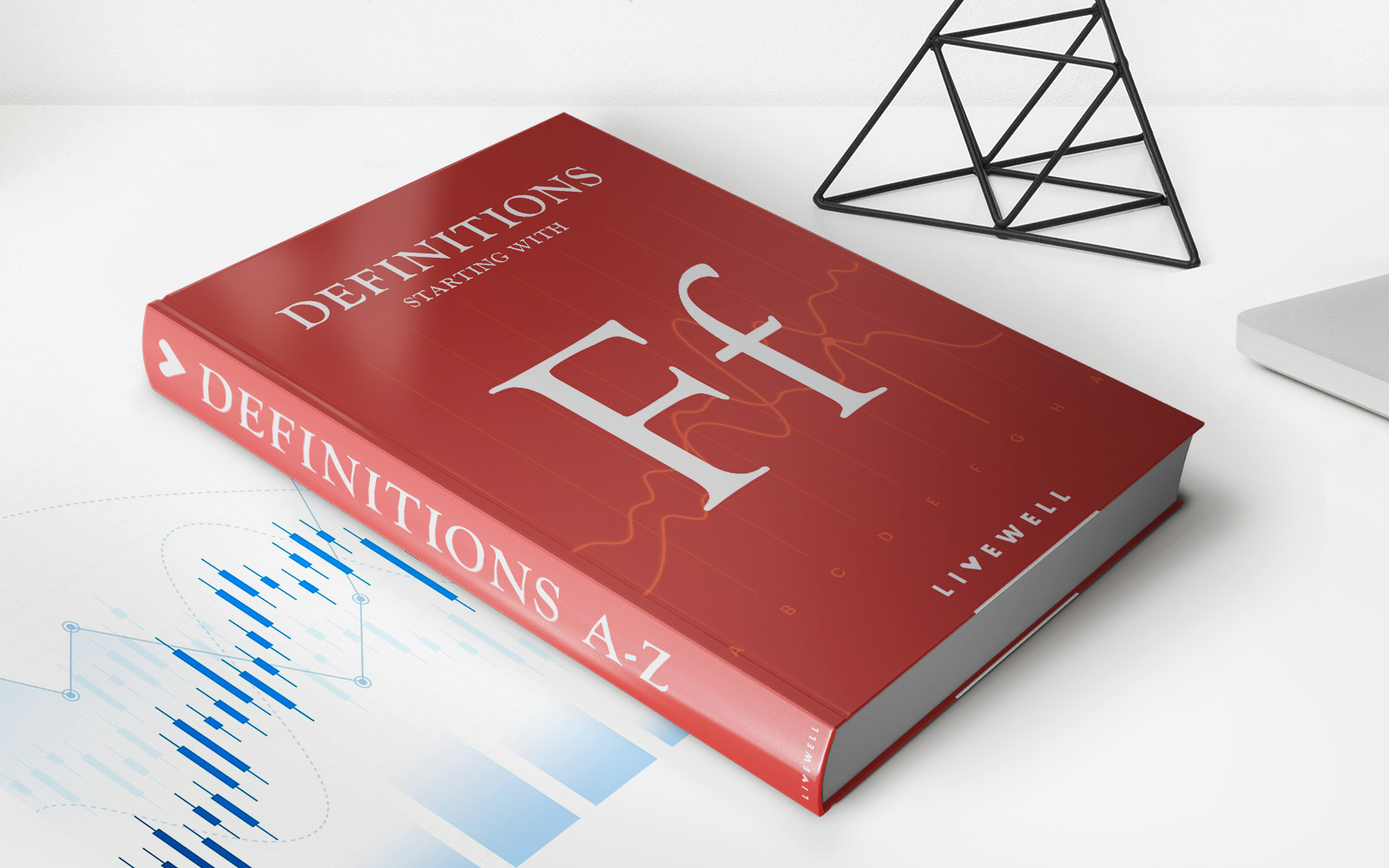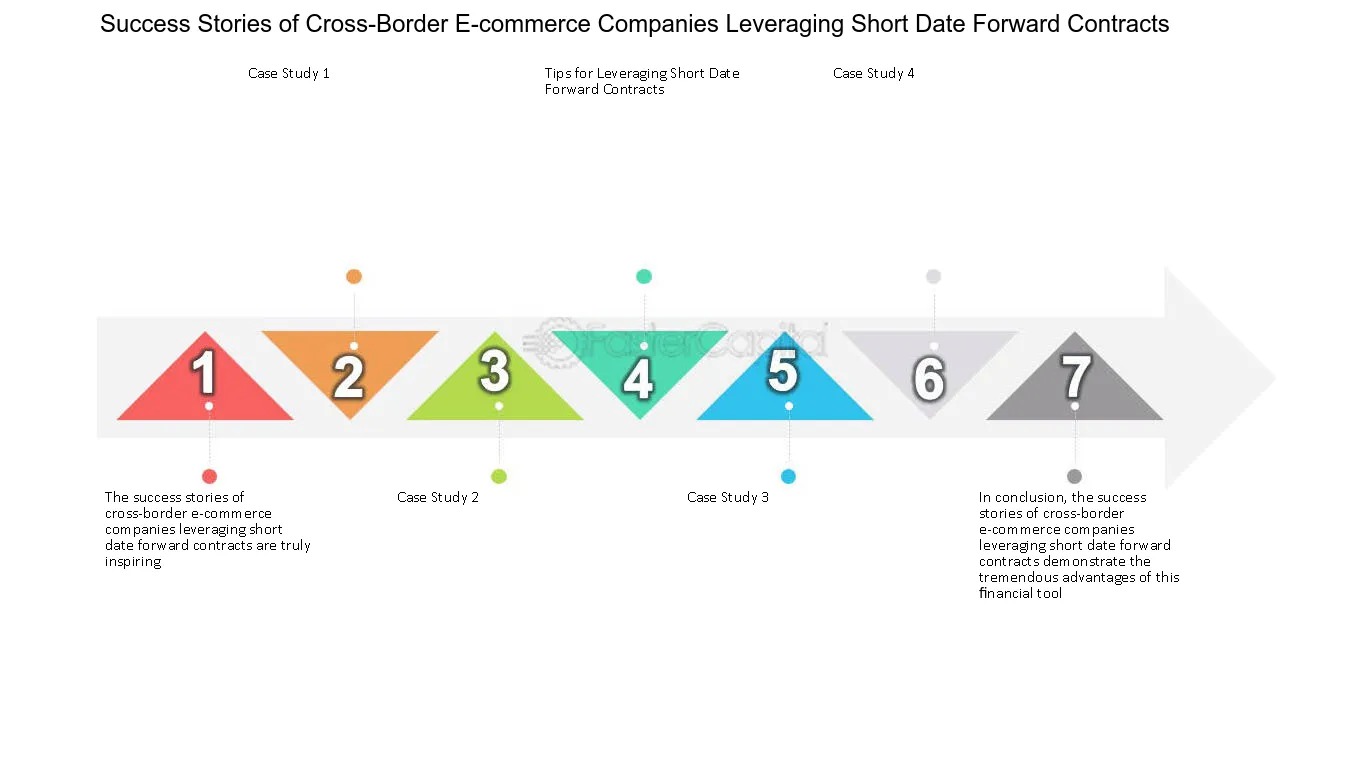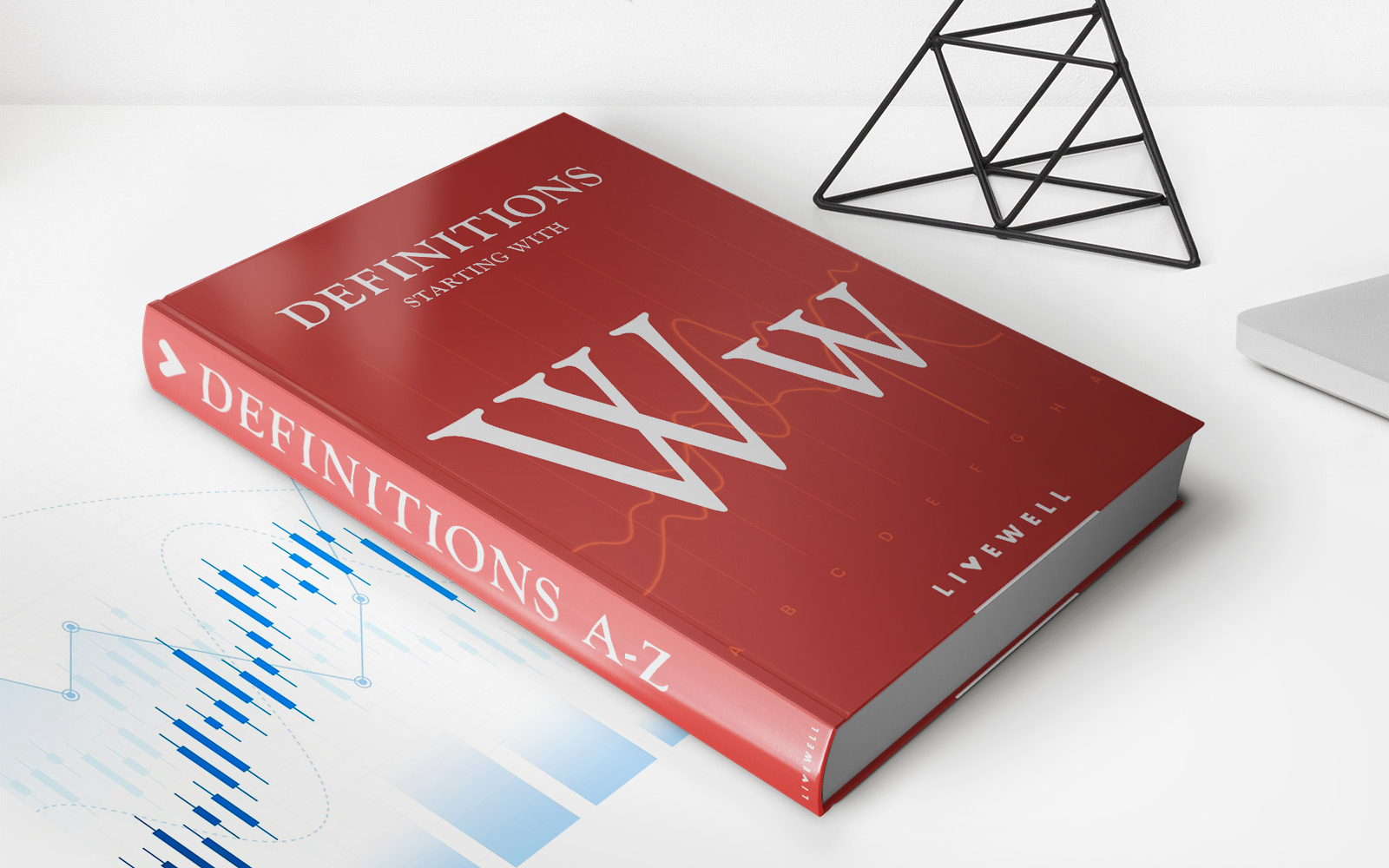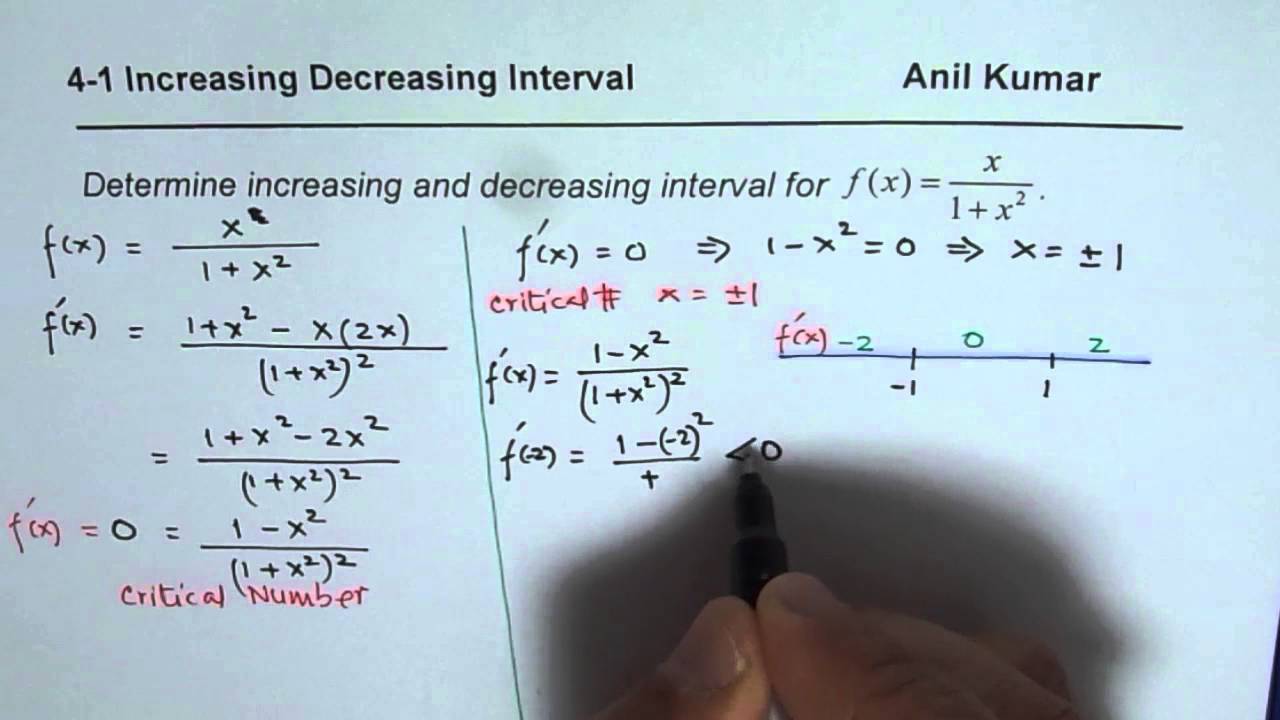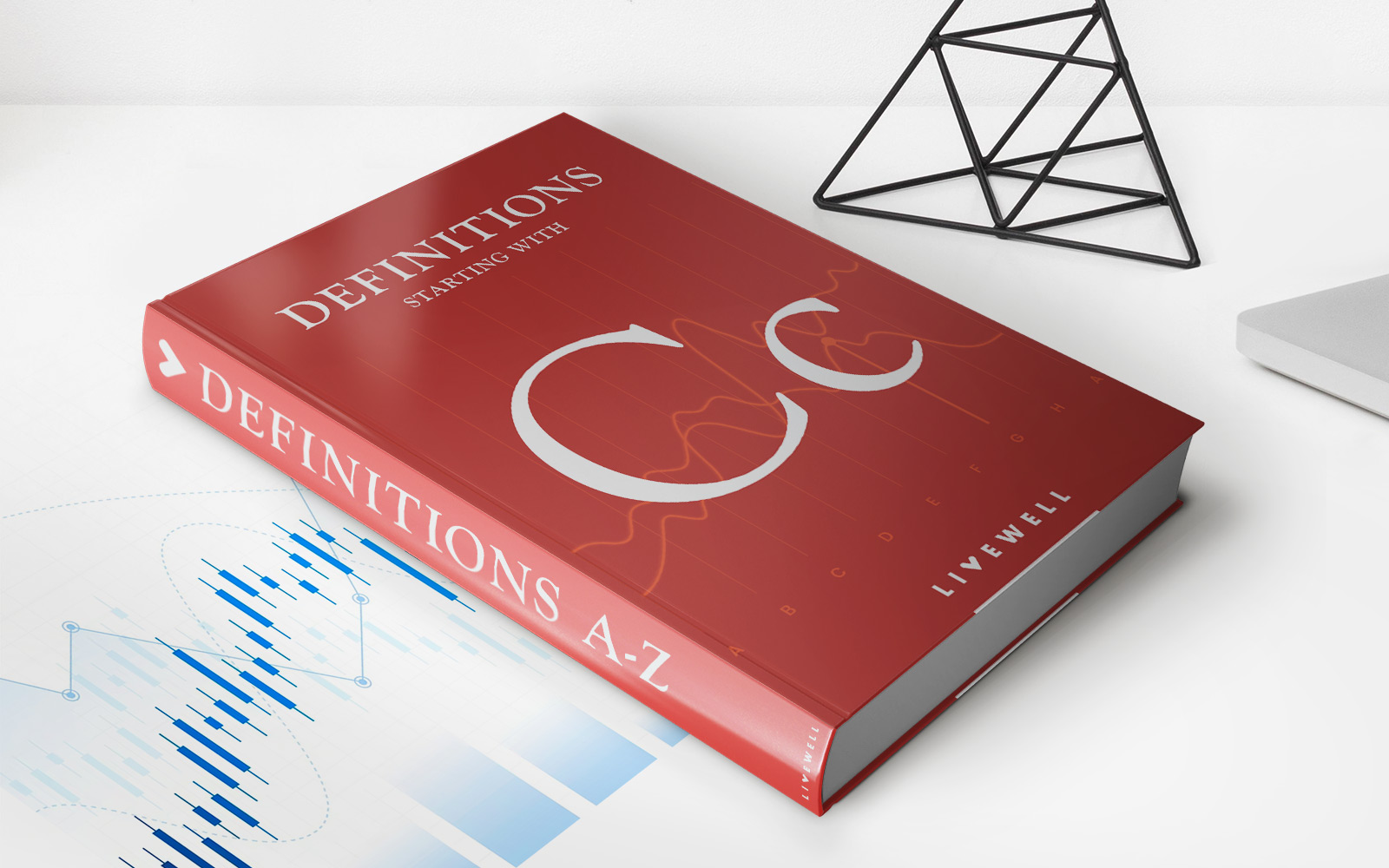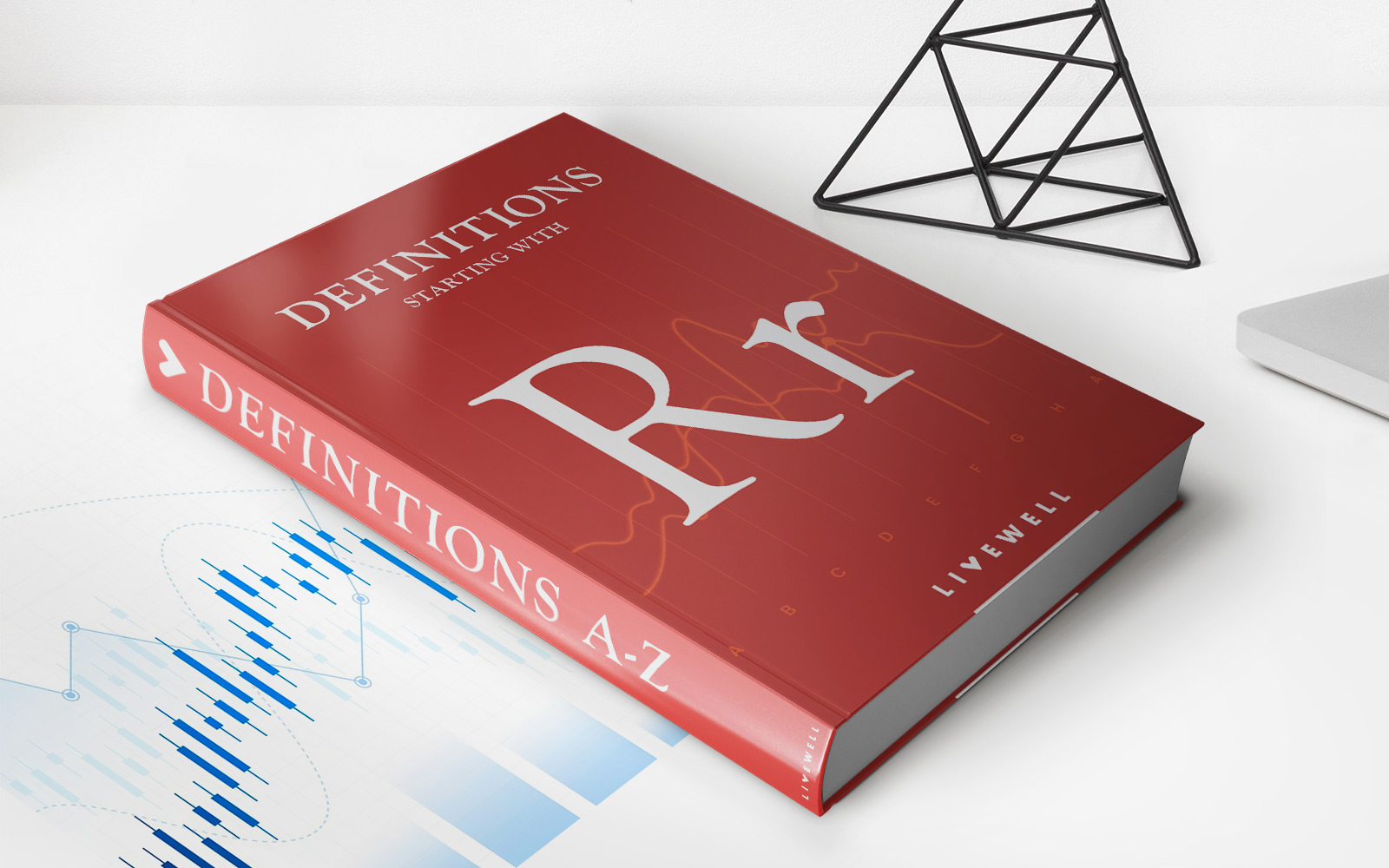

Finance
Range Forward Contract Definition
Published: January 15, 2024
Learn the definition of a range forward contract in finance, how it works, and its benefits. Understand how this financial tool can help you manage risk and secure future currency exchange rates.
(Many of the links in this article redirect to a specific reviewed product. Your purchase of these products through affiliate links helps to generate commission for LiveWell, at no extra cost. Learn more)
Understanding Range Forward Contracts in Finance
Finance is a vast and complex industry, filled with various investment options and strategies. One such strategy that investors and businesses often use to manage their currency risk is a range forward contract. In this blog post, we will dive into the definition of a range forward contract, how it works, and its potential benefits.
Key Takeaways:
- A range forward contract is a financial derivative that allows an investor or business to hedge against currency fluctuations.
- It provides protection by establishing a predetermined range within which the currency exchange rate will be fixed.
What is a Range Forward Contract?
A range forward contract is a financial derivative used to manage currency risk. It is an agreement between two parties, typically a buyer and a seller, to exchange a specific amount of one currency for another at a future date. The key difference between a range forward contract and a regular forward contract is that it establishes a predetermined range within which the currency exchange rate will be fixed.
For example, let’s say that Company A in the United States is expecting a payment of 100,000 Euros in three months from now. However, they are worried about potential fluctuations in the exchange rate between the US dollar and the Euro. To mitigate this risk, they enter into a range forward contract with Company B, a foreign exchange provider.
In this contract, both parties agree that the exchange rate will be fixed within a specified range, let’s say 1.10 to 1.15 US dollars per Euro. This means that Company A has the guarantee that they will receive at least 1.10 USD per Euro and no more than 1.15 USD per Euro when they convert their Euros into US dollars at the end of three months.
How Does a Range Forward Contract Work?
A range forward contract works by minimizing the risk of currency fluctuations for the parties involved. Here’s a step-by-step breakdown of how it typically works:
- The two parties, the buyer and the seller, enter into a range forward contract, agreeing on the specific currencies, the amount to be exchanged, and the future date of the transaction.
- They also establish a predetermined range within which the currency exchange rate will be fixed. This range is based on their expectations and risk tolerance.
- Throughout the contract period, the exchange rate will fluctuate. However, as long as the exchange rate remains within the predetermined range, the buyer and seller are protected.
- At the maturity of the range forward contract, the parties execute the transaction based on the prevailing exchange rate within the agreed-upon range.
- If the exchange rate falls outside the predetermined range, the contract may either be renegotiated or cancelled, depending on the terms agreed upon.
Overall, a range forward contract acts as a risk management tool, allowing businesses and individuals to mitigate the uncertainties associated with currency fluctuations.
Benefits of Range Forward Contracts
Range forward contracts offer several benefits for investors and businesses:
- Hedging against currency risk: By establishing a predetermined range, range forward contracts provide protection against unfavorable currency movements, ensuring better control over future cash flows.
- Price certainty: Range forward contracts allow businesses to lock in a specific exchange rate for future transactions, providing stability and reducing uncertainties in the budgeting and financial planning process.
- Flexibility: Depending on the terms agreed upon, range forward contracts can be customized to suit the specific needs and risk appetite of the parties involved.
By leveraging range forward contracts, businesses and individuals can effectively manage their currency risk and protect their financial interests.
In conclusion, range forward contracts are a valuable tool in the world of finance, offering stability, protection, and flexibility. By understanding how they work and their potential benefits, investors and businesses can make informed decisions and navigate the complex landscape of currency risk more effectively.


